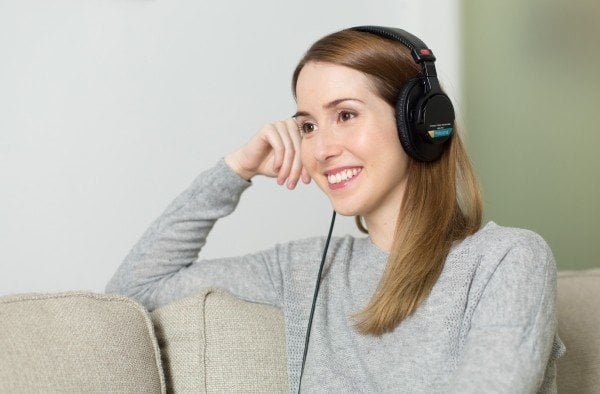A new partnership led by the University of Leeds and music therapy charity Nordoff Robbins has been launched to support the use of music in health and wellbeing contexts.
The Music for Healthy Lives network will aim to add to the growing evidence base in this area, as well as increasing cooperation and collaboration.
The network says music “promotes a sense of belonging, can regulate emotions and engage the brain, increasing social, mental and even physical resilience that can increase the likelihood of living healthy lives.”
It will aim to identify shared goals and challenges between the arts and health sectors. Its activities will include:
- Bringing together music and health practitioners to share knowledge and practice, and collectively amplifying the impact of their work
- Providing opportunities for continuing professional development
- Developing music and wellbeing provision and aligning this with the health needs of the population.
Members of the network include charities such as Music and the North Yorkshire Music Therapy Centre, alongside arts and health centres at the universities of Derby and Winchester.
Craig Robertson, Head of Research at Nordoff Robbins, said there was “palpable enthusiasm” at the launch event for the network’s ethos of “sharing, openness and collaboration”.
Growing importance
The publication of an influential All Party Parliamentary Group (APPG) report last year led to an explosion of interest in the power of arts and health to support healthy living. The report argued that the arts can help the health service save money, tackle long-term conditions and support “longer lives better lived”.
The Government has recently created a £4.5m fund to support doctors to engage in social prescribing – directing patients towards non-drug health treatments, such as participation in the arts – and announced plans for a national academy of social prescribing.
A recent survey of GPs also revealed that two-thirds believe arts engagement helps to prevent ill health, with a similar proportion indicating that arts-based interventions can make a “significant contribution” to improving the health and wellbeing of the NHS workforce.

Join the Discussion
You must be logged in to post a comment.